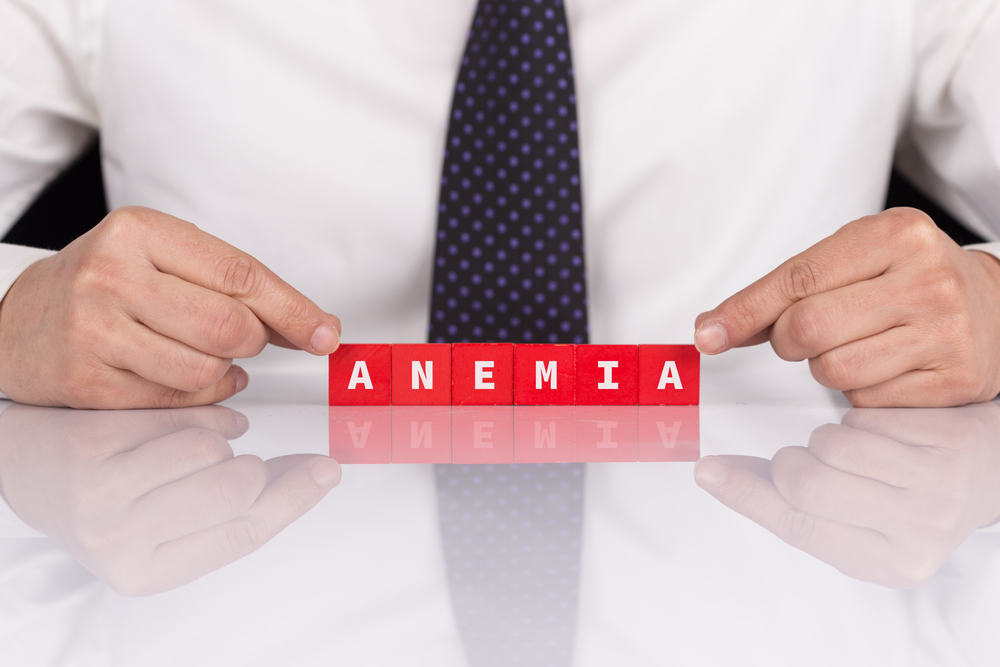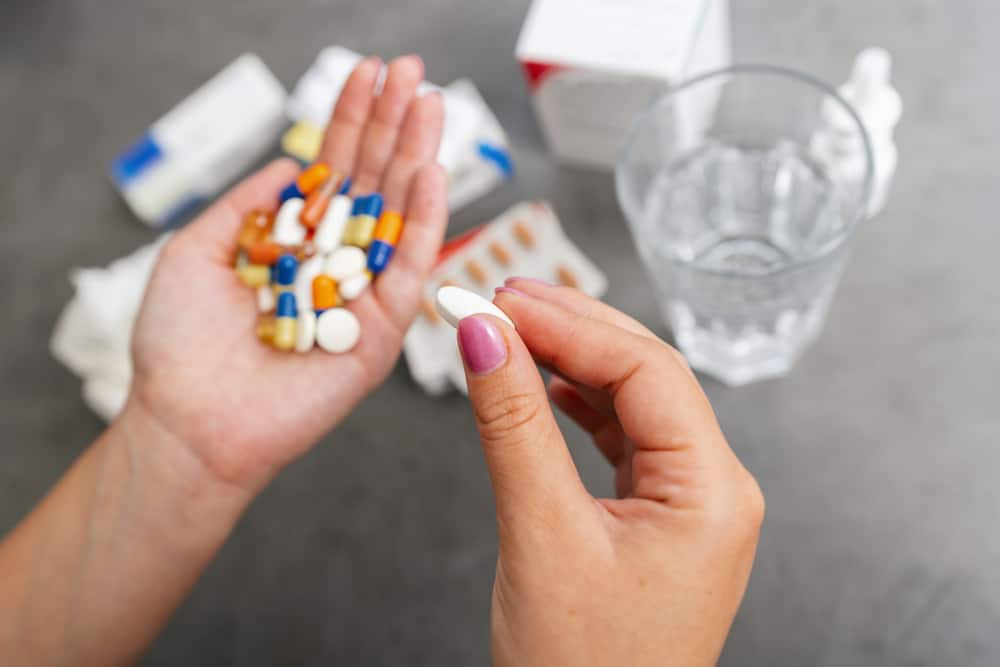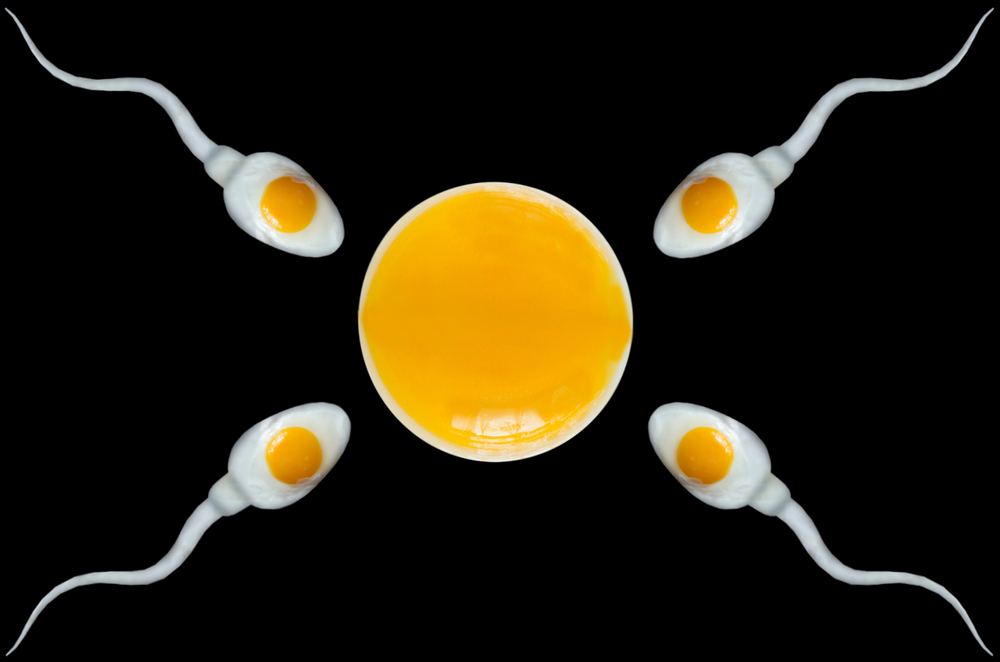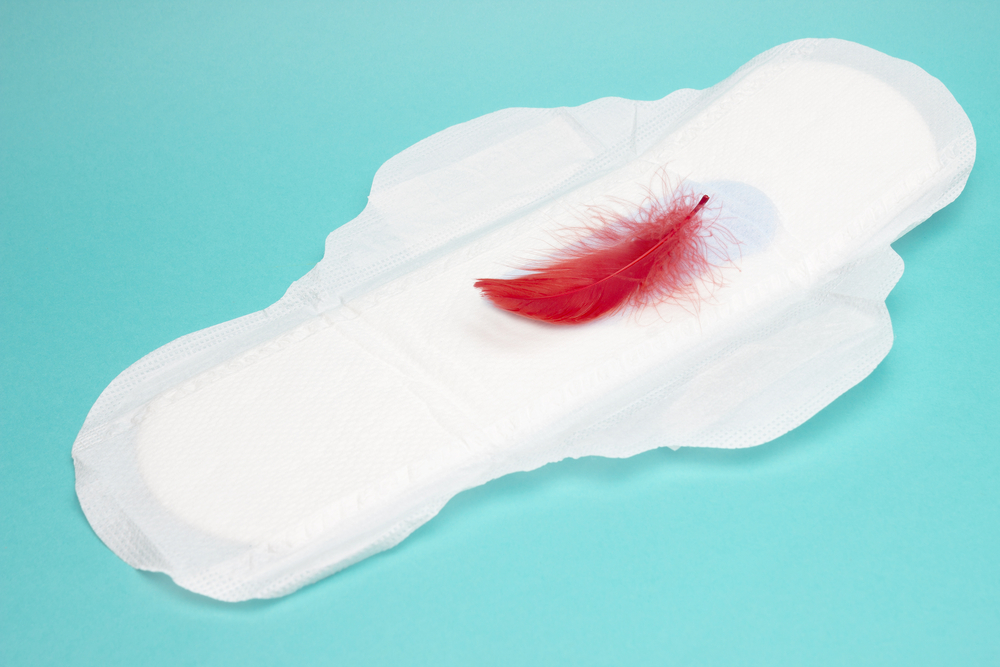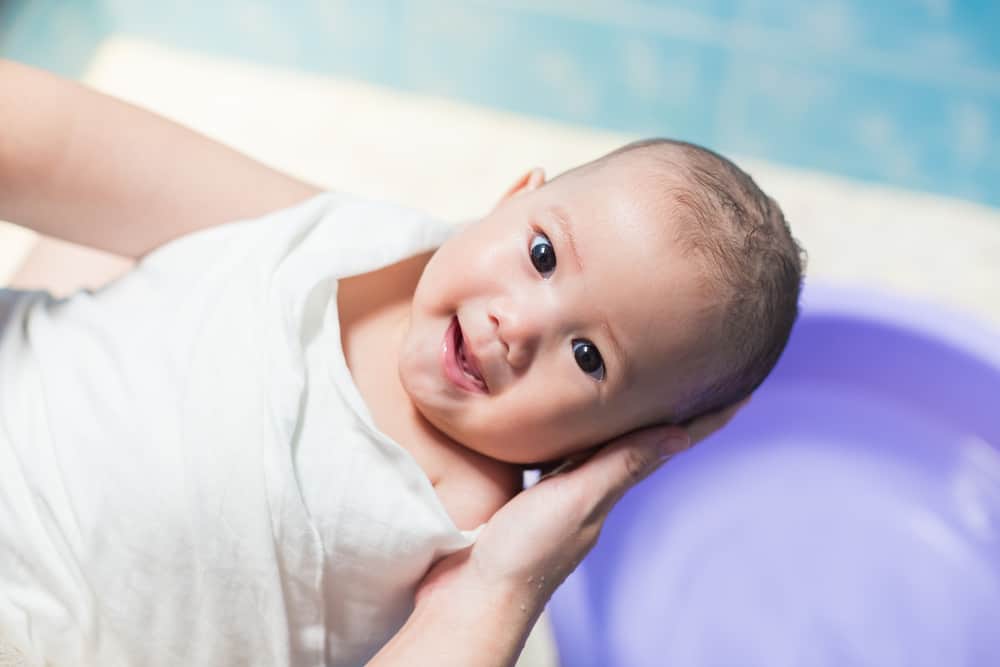Contents:
- Medical Video: Ultrasound Fetal Response To Alcohol Fetal Alcohol Syndrome
- What was involved in this research?
- What are the results?
- Conclusion
Medical Video: Ultrasound Fetal Response To Alcohol Fetal Alcohol Syndrome
In the results of research conducted on 7,000 children, researchers found that children who were still in the womb and their mothers drank at least once during pregnancy, but did not drink daily, had the possibility to become hyperactive. These children also produce lower grades in the exam.
Research results show that these children have the potential for lack of attention in everyday life. But the results of this research are not very clear about who can receive the effects produced by alcohol, whether girls or boys can also be affected. Assessments conducted by parents and teachers are also different.
Women who are pregnant are advised to avoid drinking or getting drunk while pregnant. Pregnant women should especially avoid alcohol in the first three months of pregnancy. If women choose to drink alcohol, experts recommend at most twice a week.
This study is part of a cohort study. This analysis shows the effects of routine consumption of liquor in pregnancy which results in mental health and school performance when children are 11 years old. Researchers from ALSPAC researched 85% of pregnant women in the Avon region who gave birth between 1991 and 1992. Researchers have assessed their women and children regularly.
The researchers reported that in a previous analysis, their study showed that there was a relationship between large amounts of liquor consumed during pregnancy and the effect on children having worse mental health at the age of four and seven years, according to their parents' assessment, especially girls.
What was involved in this research?
The researchers assessed the alcohol consumption of pregnant women by distributing their questionnaires at 18 and 32 weeks' gestation, and analyzing the academic performance of their children at age 11 through questionnaire assessments conducted by parents and teachers. They then analyzed whether children of mothers who consumed a lot of liquor during pregnancy showed different results than children of mothers who did not drink alcohol.
More than 14,000 pregnant women participated in the study, 7,965 of which showed alcohol consumption at womb ages 18 to 32 weeks. The questions asked are as follows:
- How many times a month do they drink more than 4 units of alcohol
- How many times do they drink alcohol in the first two weeks when the baby starts to move in the stomach (asked at only 18 weeks' gestation)
- How much alcohol is consumed in a day (asked at the age of 32 weeks only)
The results of the questionnaire were then used by researchers to determine that the women studied were:
- Drinking excess alcohol at least once during pregnancy (excessive = 4 cups or more a day)
- Drink alcohol at least once per day at 18 or 32 weeks' gestation
The mental health of children is assessed using a general standard questionnaire given to teachers and parents. This questionnaire called the "Strength and Difficulty Questionnaire" shows indications of the level of problems in four areas:
- Emotional
- Behavior
- Hyperactivity / less attention
- Relationship with peers
Based on the questionnaire the researchers focused on behavioral points and hyperactivity / lack of attention. The researchers also obtained school exam results conducted in the last year in elementary school. The researchers were informed about 4,000 children who were hyperactive and had behavioral problems, and there were only around 7,000 children who had problems in their academic results.
When the researchers conducted an analysis to look at the effects of liquor, they took into account various factors that could potentially affect the results (potential confounders). Included are:
- Mother's gestational age
- The highest education of parents of these children
- Smoking during pregnancy
- Use narcotics during pregnancy
- Mental health during pregnancy
- Does the child's parents live in their own home
- Is the child's parents married
- Is the child born prematurely
- Child's weight
- Child sex
What are the results?
The researchers found that about a quarter of the women studied (24%) reported that they drank excessively at least once during pregnancy. More than half (59%) of women who reported having had excessive drinking at 18 and 32 weeks' gestation.
Less than half of the women (about 44%) who had drunk excessively during pregnancy reported that they did so on more than two occasions in the past few months. These women are more likely to have more children, smoke or use illegal drugs during pregnancy, tend to experience depression in their pregnancies, have lower levels of education, are not married, and live in homes that are not self-owned or rented .
Preliminary analysis shows that children of mothers who drink excessively at least once in pregnancy have more problems with and their teachers, besides their school performance is worse than children of mothers who do not drink excessively.
The researchers repeated their analysis for girls and boys separately. They found that even after making adjustments, girls whose mothers drank excessively during pregnancy did tend to be less attentive, hyperactive, and hyperactive.
Conclusion
This prospective cohort study has shown that even if drinking alcohol occasionally during pregnancy, this can increase the risk of lower hyperactivity / inattention and academic achievement when children reach the age of 11 years.
Assessing the impact of drinking alcohol during pregnancy in children is difficult. This is partly due to assessing alcohol consumption is difficult. People may not want to report on their alcohol consumption, and even if they report it, there are difficulties in remembering the amount of their alcohol consumption in the past. In addition, this relationship can only be assessed by observational studies (you cannot experiment with giving alcohol to pregnant women), and it is always possible that there are influential additional factors.
We may not have really concrete evidence about the degree to which danger occurs, and to what degree alcohol consumption in pregnancy is felt safe. It is recommended for pregnant women to avoid consuming liquor in the first trimester.
If a hamill woman wants to keep drinking alcohol if the womb is more than the first trimester, try to drink only 2 units and not more than 2 times a week.
READ ALSO:
- Vitamins During Pregnancy, Is It Really Needed?
- Drinking Coffee While Pregnant, Is There Any Influence On Your Fetus?
- A Guide to Safe Drinking Medication When Pregnant




